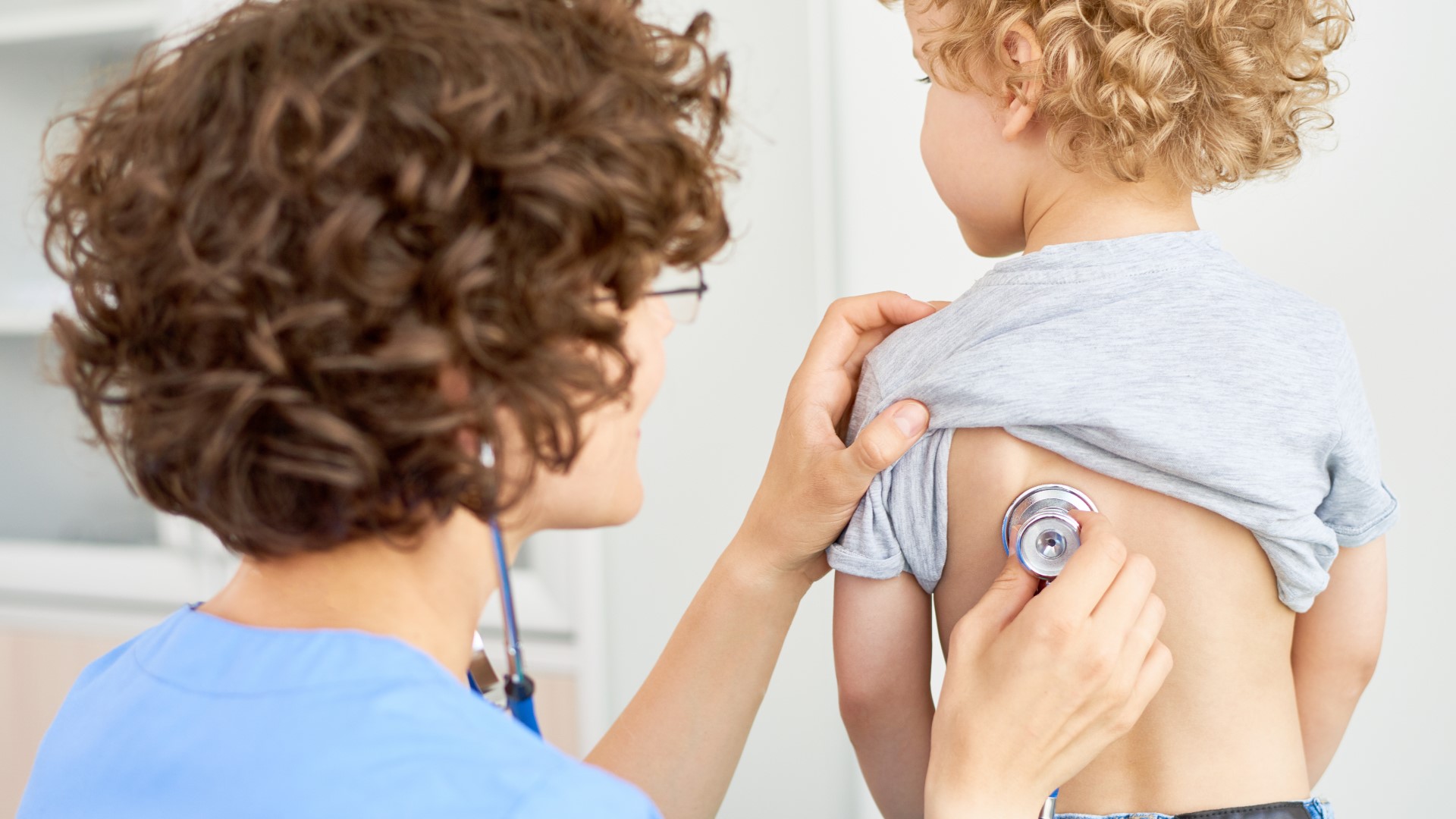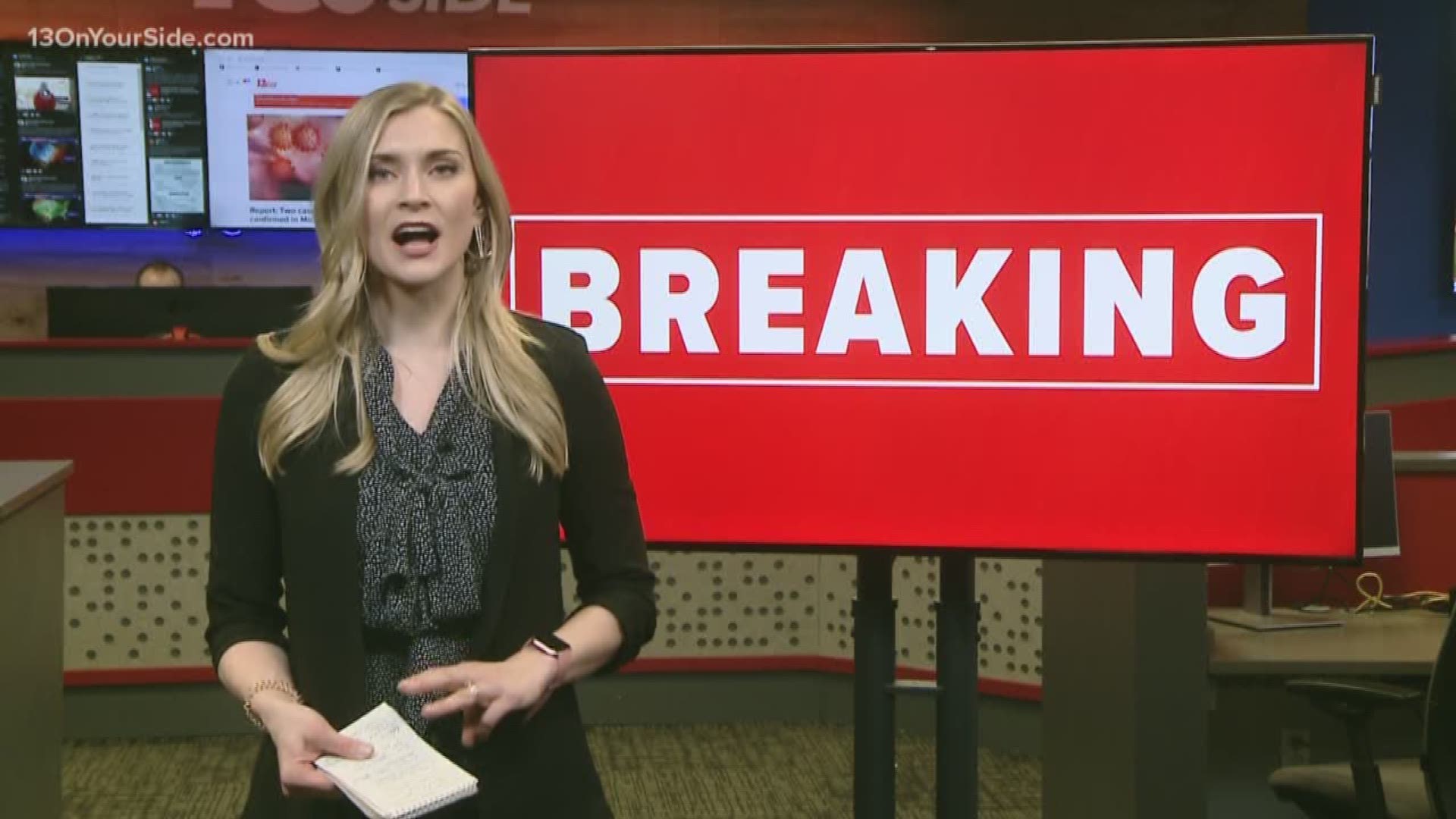GRAND RAPIDS, Mich. — Every time you turn on the television in recent weeks, you’ve likely heard about the increasing number of cases of COVID-19 and and the measures being taken to prevent the spread of the virus.
Here in Michigan, the first two presumptive cases of COVID-19, the novel coronavirus, have been confirmed.
But what does all this mean for our kids?
The main takeaway is this, there is no evidence showing kids are more susceptible to COVID-19.
Actually, according to the Centers for Disease Control most confirmed cases of COVID-19 reported from China, have been in adults.
Older people, and people with severe underlying health conditions like heart disease, lung disease and diabetes, seem to be at higher risk.
Rosemary Olivero, a pediatric infectious diseases doctor at Helen DeVos Children's Hospital, said although severe complications are possible, healthy kids with confirmed cases typically have mild symptoms.
“It will likely continue to spread and we’ll hear more and more about the cases in the United States and in our local areas,” Dr. Olivero said. “Luckily children seem... to have less severe manifestations of the coronavirus infection so no need to panic for your healthy normal children.”
She also said kids who have chronic medical conditions should take additional precautions.
“For children who have medical conditions such as severe asthma, lung disease, congenital heart disease, epilepsy, we just don't know enough to say if those children are safe,” Dr. Olivero said. “If you have a child with a chronic medical condition I would exercise caution until we get more experience and data about those higher risk groups.”
Creating a household plan can help protect families and kids if an outbreak were to happen in your community.
The CDC recommends basing the plan on the needs and daily routine of your family members.
Talk with household members, other relatives and friends about what to do if a COVID-19 outbreak happens in your community and what the needs of each person would be.
Plan ways to care for people who might be at higher risk for serious complications. If someone is at increased risk for complications, they should consult with their health care provider.
Get to know your neighbors, and talk about emergency planning. Think about joining neighborhood websites or social media pages to maintain access to neighbors, information and resources.
Identify aid organizations in your community, and create a list. You can contact these groups if you need access to information, health care services, support and resources. You might want to include organizations that provide mental health or counseling services, food, and other supplies.
Create an emergency contact list, including family, friends, neighbors, carpool drivers, health care providers, teachers, employers, the local public health department, and other community resources.
According to the CDC, for most people the immediate risk of being exposed to the virus is thought to be low.
But the agency also says, it’s likely at some point, widespread transmission of COVID-19 in the United States will happen.
The CDC suggests kids and their families take preventative action, such as cleaning hands often using soap and water, and avoiding people who are sick.
RELATED VIDEO:
More COVID-19 News on 13 ON YOUR SIDE:
- Two presumptive cases of coronavirus confirmed in Michigan
- Michigan deal funds virus outbreak, tuition aid, tourism ads
- Hope College monitoring student for COVID-19
- Employer asks West Michigander to self-quarantine after trip to Italy
- Coronavirus causes Veterans Affairs to adopt 'no visitors' policy in nursing homes
►Make it easy to keep up to date with more stories like this. Download the 13 ON YOUR SIDE app now.
Have a news tip? Email news@13onyourside.com, visit our Facebook page or Twitter. Subscribe to our YouTube channel.


